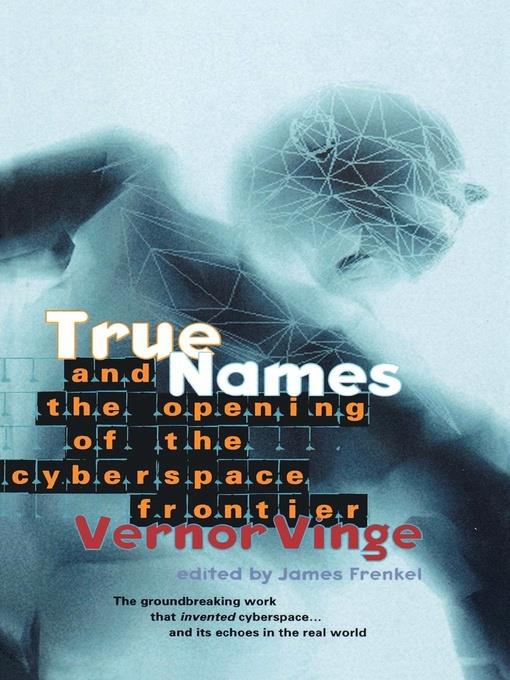
True Names and the Opening of the Cyberspace Frontier
کتاب های مرتبط
- اطلاعات
- نقد و بررسی
- دیدگاه کاربران
نقد و بررسی

December 24, 2001
This remarkable anthology reprints Hugo winner Vinge's (The Collected Stories of Vernor Vinge) "True Names" (1981), the story that began SF's cyberpunk revolution, with 11 essays showing its effect on science as well as fiction. The best are the testimonials by pioneers in virtual reality, cryptography and artificial intelligence. The most famous contributors, Marvin Minsky and Danny Hillis, also show the deepest understanding of Vinge's vision. The weakest pieces are science-fictional, appearing pale in the shadow of Vinge's story. Fellow SF author John M. Ford's essay is lightweight, while a stunted attempt at storytelling by Richard Stallman quickly reverts to polemic. The overall problem with the collection is its wildly unbalanced political stance. A quarter of the essayists are "crypto-anarchists," who see the ability of individuals to act secretly as the only defense against a totalitarian surveillance state. Their claim that the response to public tragedy is always a call to restrict civil rights seems sadly prescient, but their antisocial antidote sits poorly after September 11; the crypto-anarchists' beloved secrecy lets both terrorists and tyrants flourish. More socially responsible uses of cryptography exist that could, like the camcorder, give the power of surveillance to the people. It's a shame that editor Frenkel didn't seek out alternate voices such as Bruce Sterling or David Gelernter, but the book is still a testament to SF's power to shape the future and give us advance warning of the rocky issues ahead.

























دیدگاه کاربران